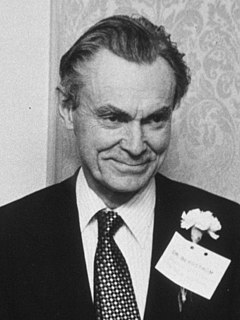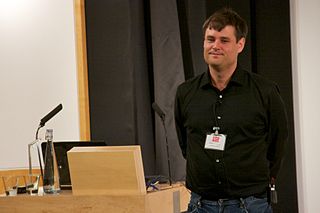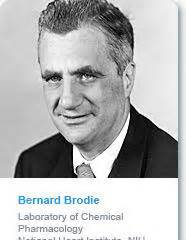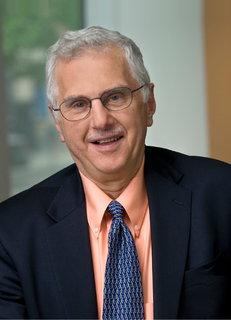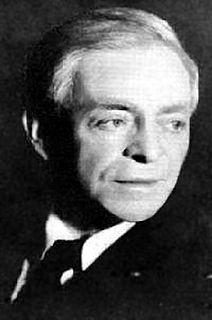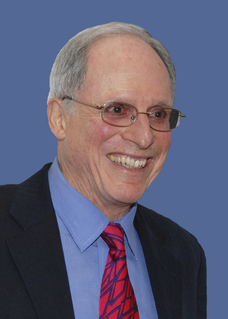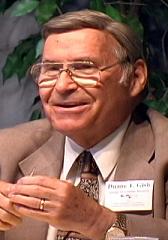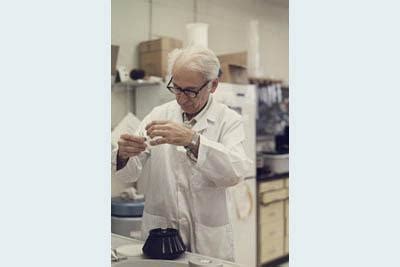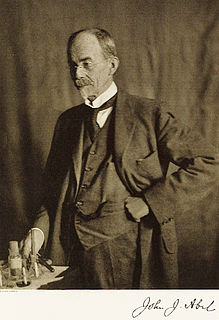A Quote by Sune Bergstrom
The traditional boundaries between various fields of science are rapidly disappearing and what is more important science does not know any national borders. The scientists of the world are forming an invisible network with a very free flow of scientific information - a freedom accepted by the countries of the world irrespective of political systems or religions. ... Great care must be taken that the scientific network is utilized only for scientific purposes - if it gets involved in political questions it loses its special status and utility as a nonpolitical force for development.
Quote Topics
Accepted
Any
Between
Borders
Boundaries
Care
Countries
Countries Of The World
Development
Disappearing
Does
Fields
Flow
Force
Forming
Free
Freedom
Gets
Great
Important
Information
Invisible
Involved
Irrespective
Know
Loses
More
Must
National
National Borders
Network
Only
Political
Political System
Political Systems
Purposes
Questions
Rapidly
Religions
Science
Scientific
Scientists
Special
Status
Systems
Taken
Traditional
Utility
Various
Very
World
Related Quotes
To an extent that undermines classical standards of science, some purported scientific results concerning 'HIV' and 'AIDS' have been handled by press releases, by disinformation, by low-quality studies, and by some suppression of information, manipulating the media and people at large. When the official scientific press does not report correctly, or obstructs views dissenting from those of the scientific establishment, it loses credibility and leaves no alternative but to find information elsewhere.
One could count on one's fingers the number of scientists throughout the world with a general idea of the history and development of their particular science: there is none who is really competent as regards sciences other than his own. As science forms an indivisible whole, one may say that there are no longer, strictly speaking, scientists, but only drudges doing scientific work.
This much I can say with definiteness - namely, that there is no scientific basis for the denial of religion - nor is there in my judgment any excuse for a conflict between science and religion, for their fields are entirely different. Men who know very little of science and men who know very little of religion do indeed get to quarreling, and the onlookers imagine that there is a conflict between science and religion, whereas the conflict is only between two different species of ignorance.
When people think science and cooking, they have no idea that it's not correctly expressed. We're actually applying the scientific method. People think chemistry and physics are science, but the scientific method is something else.... It's the science that the world of cooking generates: science of butter; science of the croissant.
Science will always raise philosophical questions like, is any scientific theory or model correct? How do we know? Are unobserved things real? etc. and it seems to me of great importance that these questions are not just left to scientists, but that there are thinkers who make it their business to think as clearly and slowly about these questions as it is possible to. Great scientists do not always make the best philosophers.
It is this claim to a monopoly of meaning, rather than any special scientific doctrine, that makes science and religion look like competitors today. Scientism emerged not as the conclusion of scientific argument but as a chosen element in a worldview - a vision that attracted people by its contrast with what went before - which is, of course, how people very often do make such decisions, even ones that they afterwards call scientific.
How can we find spiritual meaning in a scientific worldview? Spirituality is a way of being in the world, a sense of one’s place in the cosmos, a relationship to that which extends beyond oneself. . . . Does scientific explanation of the world diminish its spiritual beauty? I think not. Science and spirituality are complementary, not conflicting; additive, not detractive. Anything that generates a sense of awe may be a source of spirituality. Science does this in spades. (158-159)
The basic question that the 'new science' raises for our balance sheet is the issue of what scientific questions have not been asked for 500 years, which scientific risks have not been pursued. It raises the question of who has decided what scientific risks were worth taking, and what have been the consequences in terms of the power structures of the world.
[In] the realm of science, ... what we have achieved will be obsolete in ten, twenty or fifty years. That is the fate, indeed, that is the very meaning of scientific work. ... Every scientific "fulfillment" raises new "questions" and cries out to be surpassed rendered obsolete. Everyone who wishes to serve science has to resign himself to this.
Science, at its core, is simply a method of practical logic that tests hypotheses against experience. Scientism, by contrast, is the worldview and value system that insists that the questions the scientific method can answer are the most important questions human beings can ask, and that the picture of the world yielded by science is a better approximation to reality than any other.
There must be no barriers to freedom of inquiry... There is no place for dogma in science. The scientist is free, and must be free to ask any question, to doubt any assertion, to seek for any evidence, to correct any errors. Our political life is also predicated on openness. We know that the only way to avoid error is to detect it and that the only way to detect it is to be free to inquire. And we know that as long as men are free to ask what they must, free to say what they think, free to think what they will, freedom can never be lost, and science can never regress.
But although in theory physicists realize that their conclusions are ... not certainly true, this ... does not really sink into their consciousness. Nearly all the time ... they ... act as if Science were indisputably True, and what's more, as if only science were true.... Any information obtained otherwise than by the scientific method, although it may be true, the scientists will call "unscientific," using this word as a smear word, by bringing in the connotation from its original [Greek] meaning, to imply that the information is false, or at any rate slightly phony.
There is no "scientific worldview" just as there is no uniform enterprise "science" - except in the minds of metaphysicians, school masters, and scientists blinded by the achievements of their own particular niche... There is no objective principle that could direct us away from the supermarket "religion" or the supermarket "art" toward the more modern, and much more expensive supermarket "science." Besides, the search for such guidance would be in conflict with the idea of individual responsibility which allegedly is an important ingredient of a "rational" or scientific age.
